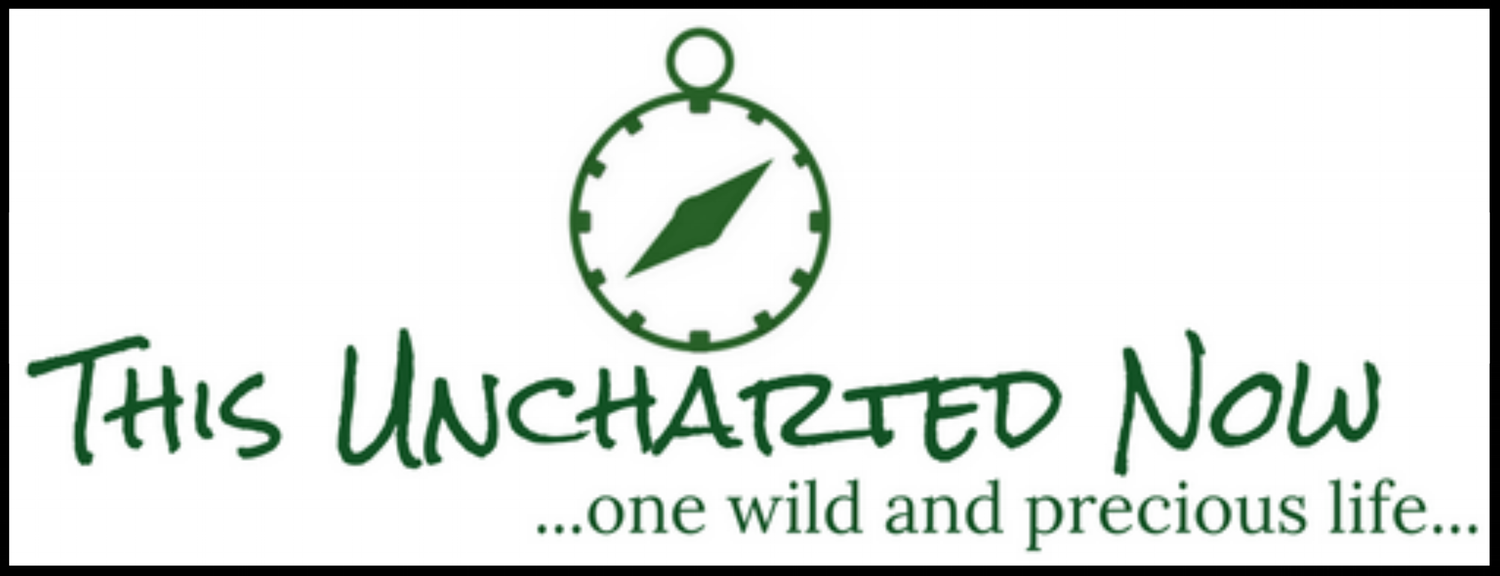Large and in Charge
Large and in Charge: 15 December 2022
Christians are currently enmeshed in the liturgical season of Advent. Contrary to our culture’s glorification of Christmas as materialism—inflatable Santas sprout in Home Depot alongside the Halloween decorations—Christmas (the mass celebrated on Christ’s day) arrives only after the pregnant darkness of Advent. Advent is a time of watching and waiting, of expectation and trust without proof of concept, the very opposite of our fake it ‘til you make it, never-admit-weakness world. Indeed, the God we (finally!) celebrate at Christmas is the helpless baby reliant on the kindness of strangers.
Twelve days later we brace ourselves for the often-inconvenient epiphanies God stirs into our comfortable lives. Like the annoying fact that the God-baby does not remain the cutie in the manger, but rather grows into a leader who upends the prevailing ‘peace’. He overthrows injustice with inclusion, wields the power of love instead of the manipulation of fear, preaches abundance rather than scarcity. How irritating for those in power. For those comfortable with things as they are.
I recently watched a video address by Father Gregory Boyle, who founded Homeboy Industries in gang-torn Los Angeles. (I commend the video to you if you’re unfamiliar with him—or even as a refresher if you’re already a fan.) In the video he says, “God is inclusion: we seek to expand the circle of compassion so that no-one is standing outside of the circle.” That is what equity means to me—no one outside the circle, everyone respected for the gifts they bring to the community, everyone recognizing that we are dependent upon one another; everyone with enough.
I believe God calls each of us to that work—inclusion, dignity, abundance—and that call informs my leadership both personally and professionally. I believe there are enough resources for everyone if we distribute them equitably; I believe each person can contribute to the Beloved community; I believe we are each given distinct talents to be exercised for the good of all.
I’ve also been thinking about a talk Simon Sinek gave in which he says, “Remember: you are not in charge. You are responsible for those in your charge.” The privilege of leadership is also a burden. If you haven’t felt that weight then you are not leading, you’re preening.
Leadership is embracing the role that is mine and encouraging others to be their best. It is being clear with expectations, offering praise when earned and correction when needed, being respectful of people’s time and energy, doing what I say I’ll do and expecting others to do the same. I listen more than I talk; I am willing to take risks, but I like to assess the possible outcomes first. I like to hear everyone’s opinions but am also willing to make and stick by difficult decisions. I am willing to learn from failures and try not to be swayed by sunk costs—whether emotional or financial.
Whereas I feel called to be bold in the building of the Beloved Community, I don’t generally talk about it, because I don’t want to come across as a naïve, or worse, a pushy Christian. Goodness knows there are enough extreme Christian voices clamoring for airtime these days. But as I consider how I want to show up in the world, this portion of the Presbyterian Church USA’s A Brief Statement of Faith serves as a touchstone for both my conviction and my comfort in pursuing such an outlandish goal.
“ In a broken and fearful world
the Spirit gives us courage
to pray without ceasing,
to witness among all peoples to Christ as Lord and Savior,
to unmask idolatries in church and culture,
to hear the voices of peoples long silenced,
and to work with others for justice, freedom, and peace.
”
There are lots of ways for leaders to wield power. We are used to, and feel safe with, leaders who assure us that they are strong, and right, and will defend us from the enemy. All too often those leaders start to believe, if they didn’t even at the beginning, that they themselves are the strength, the rightness, the power. Things go downhill from there. And folks who find power off-putting, well, they don’t want to get involved, because they don’t want to be corrupted. Sadly, I think that often those folks are the very leaders we need.
“It's said that ‘power corrupts', but actually it's more true that power attracts the corruptible. The sane are usually attracted by other things than power. When they do act, they think of it as service, which has limits. The tyrant, though, seeks mastery, for which he is insatiable, implacable.” —David Brin
Jesus, the cuddly baby whose birth we anticipate, grows into the who-would-have-believed-it leader who turns the world upside down. Isaiah claims that the government will rest on his shoulders. Not our government. Not Israel’s government. The Government. World order. Jesus is large and in charge! And his message to us is inclusion, abundance, universal dignity. How irritating. No one wants to be that leader! Who in the world would follow that leader? Just the dispossessed, the excluded, the outcast, the broken, the sinner. Basically all of Jesus’s best friends.
Wonderful Counselor, Mighty God, Everlasting Father, Prince of Peace. That’s the impossible standard we are called to emulate, in a world that will challenge and reject us at every turn as we attempt this Beloved Community that upends the powerful. For what it’s worth, God will be with us. As Father Boyle said, “God longs to cherish us…the God who protects us from nothing and sustains us in everything.” We are all inside the circle. There is no them. Only us.
That’s the promise and the practice of the anticipated baby—protected from nothing and sustained in everything. May it be so.



